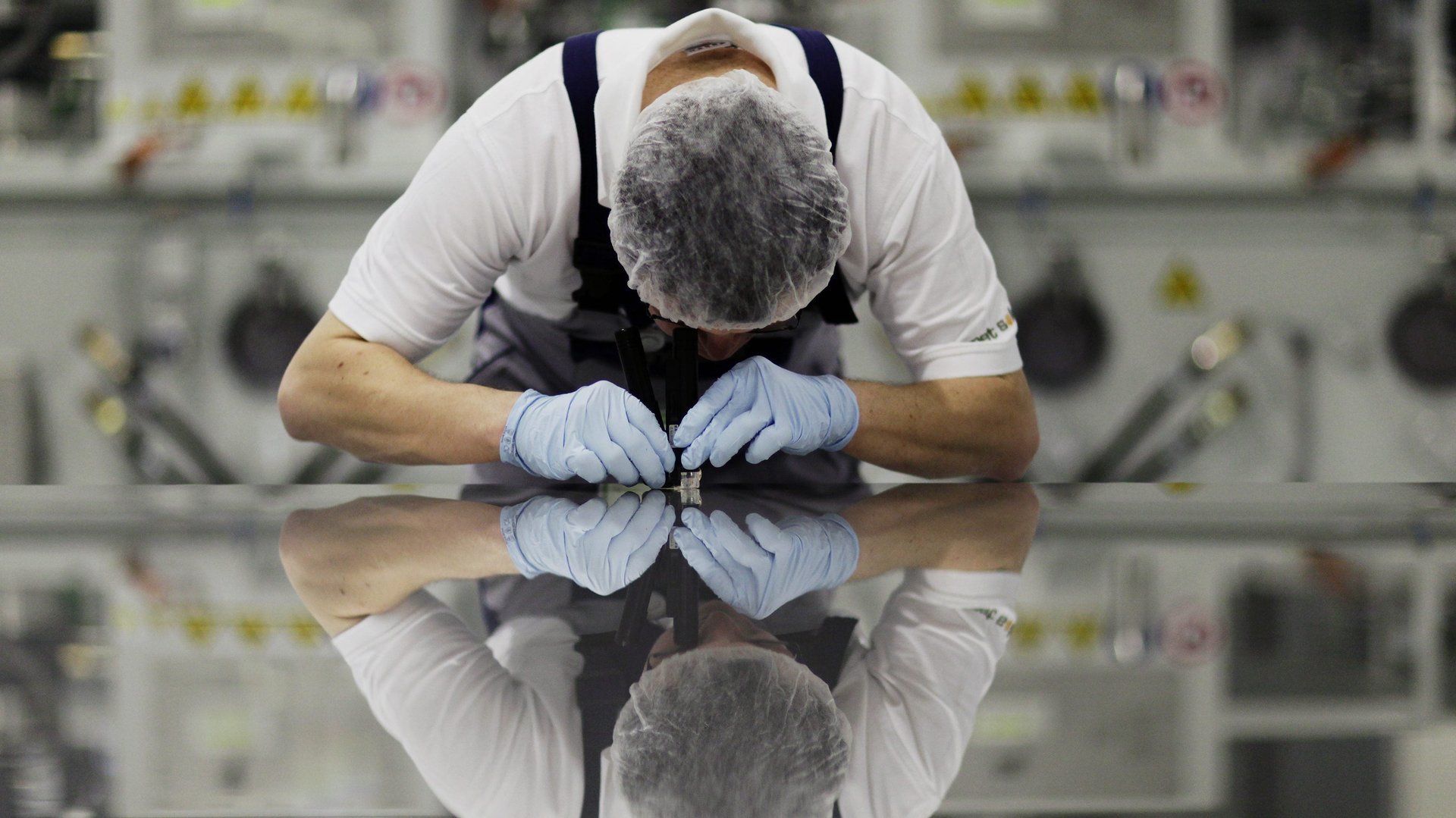Companies that fail at sustainability will soon start to fail at business
Twenty years ago, when the internet was fast becoming integral to the lives of ordinary people, most businesses had to make a choice.


Twenty years ago, when the internet was fast becoming integral to the lives of ordinary people, most businesses had to make a choice.
They could change what they did or how they did it, often radically. Or they could stick to the status quo and try to weather the storm.
What happened to those that didn’t adapt, like video-rental giants and booksellers that didn’t take online rivals seriously?
“Many of those companies are gone. They don’t exist,” said Blair Taylor, managing director of talent and organization at Accenture, and the consultancy’s North American lead on inclusion and diversity. According to Taylor, we’re at a similar inflection point when it comes to sustainability.
Until quite recently, sustainability might have been seen as a nice-to-have, maybe even a buzzword that was bandied around but didn’t mean much. But not any more, Taylor said.
Now, the combined pressure from customers, employees, prospective employees, and regulators puts companies at another crossroads: Either to tackle and reduce the damage they do to the planet and its people, or risk going out of business entirely.
“Companies are now recognizing: if we are just bystanders in this, If we don’t take an active role in trying to make things better, it will actually be to our detriment,” Taylor said.
“I’ve seen a palpable shift in this, and I’ve been doing this work for 25-plus years,” he said. “I think there’s now a fundamental recognition that if we in the world of business are going to be successful, we have to pay attention to these massive shifts that have gone on” in attitudes to everything from hiring people from different backgrounds, to sourcing raw materials more equitably, to emitting less carbon.
Taylor was speaking to Quartz ahead of the release today of a new index by the World Economic Forum in collaboration with Accenture, Ipsos, and Nielsen, on how people from diverse backgrounds are represented in the media, including film and television, newspapers and magazines, sport, and gaming. The index seeks to create benchmarks for how media is doing when it comes to representing people from different backgrounds equally and with nuance. It found that film, television, and print media were doing better, while gaming lagged. The report also revealed that trust in brands increased when an audience saw those brands as representing people from different backgrounds. Accenture argues that this is a big business opportunity.
Today’s WEF report concentrates on diversity and fairness, which is one part of sustainability. But the wider concept includes both how a company treats people, and what damage it does to the environment.
There’s a “sweet spot” where businesses can make changes that mitigate harm and simultaneously make money, said Taylor. One example might be the realization that hiring from the broadest possible pool of candidates will result in better hires, who will also understand the needs of more diverse customers. It would also be fairer.
But that sweet spot is hard to hit. Becoming truly sustainable is difficult, and takes a high degree of commitment and investment. And for some companies, hitting it might not be possible at all.